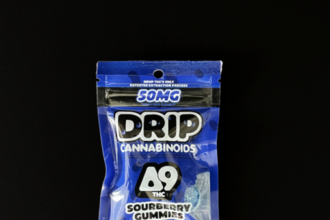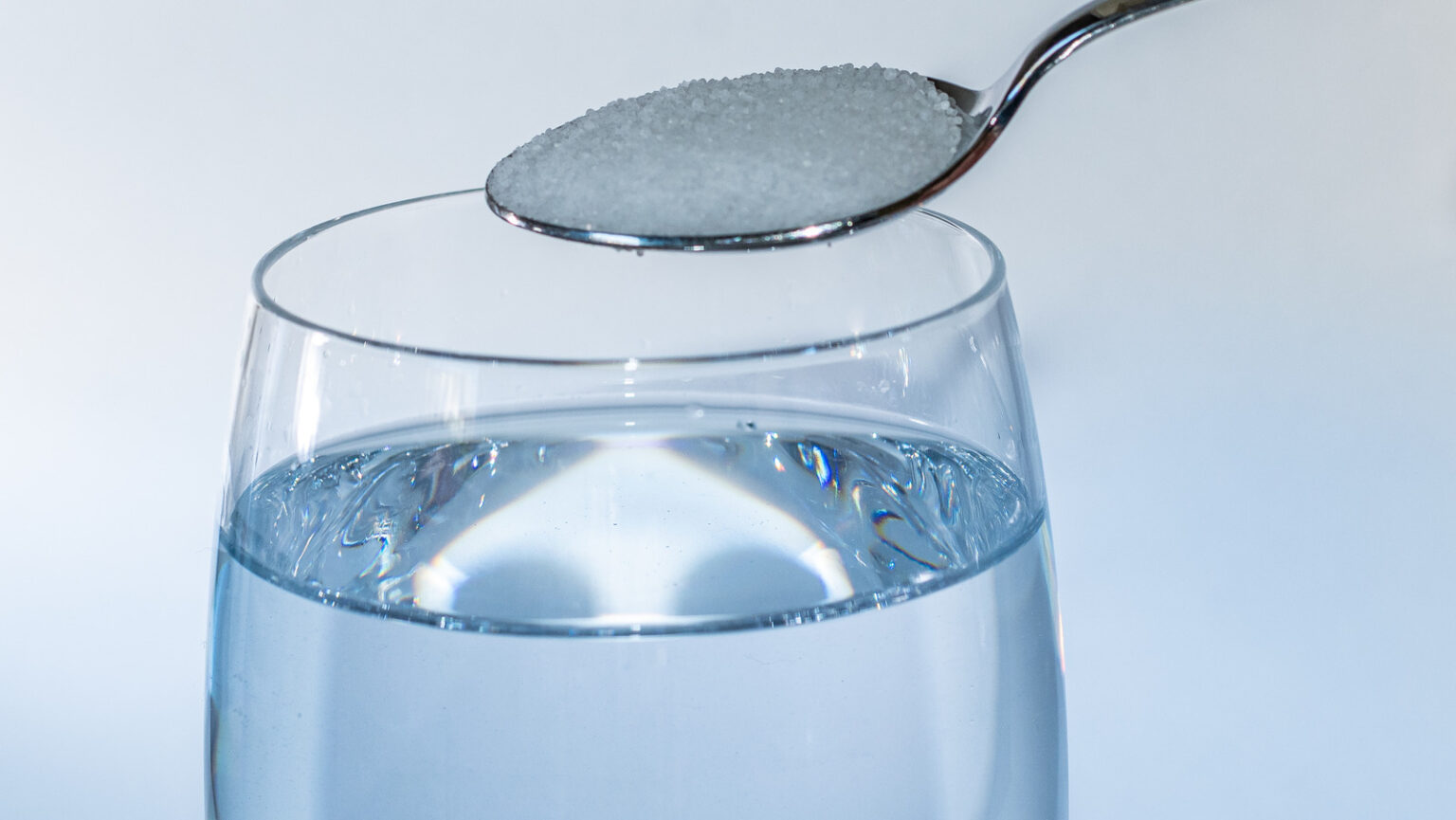As the sun rises, I take a deep breath and grab a glass of warm salt water. I’ve always wondered about the benefits of drinking it. Now, I’m eager to find out for myself. What secrets does this simple drink hold for my health?
With an open mind, I take my first sip. The taste of minerals is subtle yet refreshing. Let’s explore the world of salt water together and see what it can do for us.
Key Takeaways
- Drinking salt water can help maintain electrolyte balance and hydration in the body.
- Salt water may provide a natural way to replenish minerals and aid in detoxification.
- Consuming salt water can potentially benefit digestive health and skin condition.
- Moderation is key, as excessive salt intake can lead to water retention and other health issues.
- The benefits of salt water consumption may vary depending on individual needs and existing health conditions.
What Is the Craze Around Drinking Salt Water?
The Claim: Salt Water Boosts Hydration and Detoxification
Many people think adding salt to water helps with hydration and detox. This idea comes from the science of electrolyte replenishment. Electrolytes like sodium help balance fluids in our bodies. But for most people, adding salt might not help much and could make water retention worse.
Salt water therapy is said to improve saline hydration and help with detoxification. But, there’s not much science backing these claims. Too much salt water can cause dehydration and mess with our body’s electrolyte balance.
Understanding electrolyte replenishment and salt’s role in health is key. Some people might benefit from a bit of salt water. But, the risks of drinking too much should be considered.
| Potential Benefits | Potential Risks |
|---|---|
|
|
Be careful and moderate when drinking salt water. Make sure it fits your health needs and doesn’t go over the daily sodium limit.
The Science Behind Electrolytes and Hydration
Electrolytes like sodium, potassium, calcium, and magnesium are key for keeping our bodies properly hydrated and balanced. These minerals have electrical charges that help control how water moves in and out of cells. This is vital for cells to work right.
For people who are very active or lose a lot of fluid, getting enough electrolytes is crucial. But most folks don’t need extra sodium from salt water to stay hydrated. The old rule of drinking eight glasses of water a day is still good advice for many.
Some people might need about 2–3 teaspoons of salt (4–6 grams of sodium) every day to be healthy. Those on low-carb diets or who work out a lot in the heat could lose too much sodium. Athletes, for instance, might lose up to 7 grams of sodium through sweat and breathing, which could lead to a condition called exercise-associated hyponatremia.
| Electrolyte | Recommended Daily Intake | Sources |
|---|---|---|
| Sodium | 1,500mg | Table salt, processed foods, sports drinks |
| Potassium | 4,700mg | Bananas, spinach, sweet potatoes, beans |
| Calcium | 1,000mg | Dairy products, leafy greens, tofu |
| Magnesium | 420mg (men), 320mg (women) | Nuts, seeds, whole grains, leafy greens |
Electrolyte-rich sports drinks can help refill sodium and potassium levels, but they’re high in sugar. This might not be the best choice for daily hydration. Making your own electrolyte water with a bit of salt and lemon or lime is cheaper and healthier.
Keeping the right balance of electrolytes and fluids is key for good health. By knowing how electrolytes help with hydration, we can make better choices to keep our bodies in balance.
benefits of drinking salt water
Potential Benefits of Drinking Salt Water
Some people say drinking salt water has big benefits, but it’s not always true for everyone. For athletes or those losing fluids due to illness, it might help replenish lost electrolytes and improve hydration. But you can’t just add a pinch of salt to your water and expect to get these benefits.
Also, salt water could be good for certain skin conditions. But we need more studies to know for sure. Warm salt water is thought to help with digestion, detox, oral health, and immune function.
“Proper hydration from warm salt water can positively impact skin health by balancing fluids in the body.”
Remember, how well salt water works for you depends on your health and needs. Always talk to a doctor before adding salt water to your diet.
When Salt Water Might Be Beneficial
Some people think drinking salt water is a magic fix for everyone. But, it’s really useful in certain situations. For athletes who sweat a lot during long or hard workouts, a sports drink or electrolyte supplement can help. These products have salt and minerals to replace what’s lost and keep you hydrated.
Also, those who get dehydrated from being sick or in very hot weather might need more electrolytes. Salt water could be a good choice for them. It might also help with some skin conditions, but we need more studies to be sure.
Most folks get enough sodium from their food, according to the Dietary Guidelines for Americans. They suggest no more than 2,300 milligrams of salt a day. But, Americans usually take in 3,400 milligrams. So, adding salt to water might not be needed for everyday life. Unless you’re in a situation that makes you lose water.
| Scenario | Potential Benefits of Salt Water |
|---|---|
| Prolonged or Intense Exercise | Replenish lost electrolytes and support proper hydration |
| Dehydration due to Illness or Environmental Factors | Increase electrolyte intake to aid in rehydration |
| Certain Skin Conditions | Potential therapeutic effects, but more research is needed |
In summary, drinking salt water isn’t a must-have for everyone. But, it can be good for athletes, those who are dehydrated, and some with skin issues. Always talk to a healthcare expert before adding salt water to your routine.
The Downside of Excessive Salt Intake
Salt is vital for our bodies, but too much can cause health problems. Drinking a lot of salt water can mess up our body’s balance. This can lead to water retention, high blood pressure, and other issues.
Risks of Consuming Too Much Salt
People with health issues like high blood pressure or kidney disease are at higher risk from too much salt. It’s important to eat a balanced diet and not use salt water for hydration or detox.
Too much salt can cause many health problems, including:
- Stroke
- Heart disease
- High blood pressure
- Enlarged heart muscle
- Headaches
- Heart failure
- Kidney disease
- Kidney stones
- Osteoporosis
- Stomach cancer
Too much sodium can also cause short-term issues like bloating, swelling, increased thirst, dehydration, weight gain, and sleep disturbances. Gaining more than 2 pounds in a day or 4 pounds in a week could mean you’re eating too much salt.
“Consuming too much salt before bed can lead to disruptions in sleep patterns, causing restless sleep and waking up often at night.”
To stay healthy, aim to keep sodium intake between 1,500–2,300 mg daily. That’s about 3.8–5.8 grams of salt. But most people eat around 9–12 grams of salt a day, way more than advised.
Alternative Methods for Reducing Water Retention
Experts say there are safer and more effective ways to manage water retention than drinking salt water. A balanced diet with less sodium, staying hydrated, regular exercise, and managing health conditions are key. These methods help reduce fluid buildup in the body.
It’s important to eat foods with less sodium to help your body get rid of excess fluids. Avoiding processed and packaged foods can make a big difference. Drinking enough water, about 2 liters a day for adults, also helps keep fluids in balance.
- Eat foods high in potassium like bananas, avocados, and tomatoes to balance out sodium’s effects.
- Try natural diuretics, like certain herbs and supplements, to help flush out fluids safely.
- Regular exercise helps your body get rid of fluid and reduces retention.
- Take care of any health issues that might cause water retention, like hormonal problems or certain medications.
Using these methods can help manage water retention better than just drinking salt water. Always talk to a healthcare professional to find the best plan for you.
| Natural Remedies for Reducing Water Retention | Potential Benefits |
|---|---|
| Magnesium | May help alleviate symptoms of premenstrual syndrome (PMS), including water retention and bloating. |
| Vitamin B6 | Can regulate fluid balance and may reduce water retention, particularly in women with PMS. |
| Dandelion | Traditionally used as a natural diuretic, may increase urine production and reduce water retention. |
| Horsetail, Parsley, Hibiscus, Fennel, Corn Silk, Nettle | Believed to aid in reducing water retention by increasing urine production and decreasing inflammation, though scientific evidence is limited. |
These alternative methods can help manage water retention without the risks of salt water. Always talk to a healthcare professional to find the best plan for you.
“Maintaining a balanced, low-sodium diet and staying hydrated are key to reducing water retention, without the risks associated with excessive salt intake.”
The Role of Electrolytes in Hydration
Electrolytes like sodium, potassium, calcium, and magnesium are key for staying hydrated and keeping fluid balance in the body. They help control how water moves in and out of cells. This keeps cells and tissues well-hydrated. Having the right electrolyte balance is vital for good health. It helps with nerve and muscle work, blood pressure, and overall health.
Importance of Electrolytes for Optimal Hydration
Electrolytes keep the body’s fluid balance right. They manage how water moves in and out of cells. This supports important body functions like nerve and muscle work, blood pressure, and health.
| Electrolyte | Function | Imbalance Symptoms |
|---|---|---|
| Sodium | Regulates fluid balance, nerve and muscle function | Hypernatremia (too much): Confusion, seizures, coma Hyponatremia (too little): Nausea, fatigue, headaches |
| Potassium | Crucial for heart function and muscle movement | Hyperkalemia (too much): Irregular heart rhythms, muscle weakness Hypokalemia (too little): Muscle cramps, dizziness, fatigue |
| Calcium | Essential for muscle control, nerve signals, and bone health | Hypercalcemia (too much): Kidney stones, bone pain Hypocalcemia (too little): Muscle spasms, confusion, difficulty breathing |
| Magnesium | Regulates energy production and nerve function | Hypermagnesemia (too much): Irregular heartbeat, breathing issues Hypomagnesemia (too little): Muscle weakness, tremors, seizures |
Adding salt water can help with electrolytes in some cases. But, a balanced diet and staying hydrated are usually better for most people. Keeping the right electrolyte balance is key for good health and feeling well.
Conclusion
The idea that drinking salt water is a must for everyone is not backed by science. Electrolytes are key for staying hydrated, but most people don’t need extra sodium from salt water. In fact, too much salt can cause water retention and health problems.
But, for athletes or those who are severely dehydrated, salt water might help. It’s crucial to find the right balance in how we get our electrolytes and water. Always talk to a healthcare expert before adding salt water or supplements to your routine.
This article shows that while salt water might have some benefits, the dangers of too much salt are bigger for most folks. Deciding if salt water is right for you should depend on your health, how active you are, and what you eat. Knowing about electrolytes and hydration helps you choose the best way to stay healthy.
FAQ
What is the craze around drinking salt water?
Salt water has become popular on social media for its supposed benefits in hydration and detoxification. But, let’s look closer at what it really offers.
Does salt water really help with hydration and detoxification?
Electrolytes are key for staying hydrated, but most people don’t need extra sodium from salt water. A balanced diet and enough water usually cover your needs. Too much salt can cause water retention and health problems, so salt water might not be as beneficial as thought.
How do electrolytes affect hydration?
Electrolytes like sodium, potassium, calcium, and magnesium help control water movement in and out of cells. This keeps cells working right and helps with hydration.
Are there any potential benefits to drinking salt water?
Salt water can help those with electrolyte imbalances or dehydration, like athletes or people sick and losing fluids. But, it takes more salt than just a pinch in water to see these benefits.
When might salt water be beneficial?
Athletes doing long, hard exercises may need sports drinks or electrolyte supplements to replace lost electrolytes and stay hydrated. People dehydrated from illness or being in the heat can also benefit from more electrolytes, including salt water.
What are the risks of consuming too much salt?
Too much salt water can throw off your body’s balance of fluids and electrolytes. This might lead to water retention, high blood pressure, and other issues. People with health problems like high blood pressure or kidney disease could face bigger risks from too much salt.
What are some alternative methods for reducing water retention?
To reduce water retention, eat a balanced diet low in sodium, drink enough water, exercise regularly, and manage any health conditions. Natural diuretics can also help get rid of extra fluid safely, without the salt risks.
Why are electrolytes important for hydration?
Electrolytes like sodium, potassium, calcium, and magnesium are vital for keeping your body hydrated and balanced. They help control water movement in cells, making sure they and your tissues stay hydrated.
Source Links
- https://timesofindia.indiatimes.com/life-style/food-news/effectiveness-of-drinking-salt-water-for-water-retention-expert-opinions/articleshow/108823455.cms
- https://pharmeasy.in/blog/salt-water-flush-a-research-based-guide-to-its-benefits-and-risks/
- https://www.healthline.com/health/salt-water-flush
- https://www.standard.co.uk/lifestyle/wellness/drinking-salt-water-health-benefits-hydration-b1160528.html
- https://www.drinkhydrant.com/blogs/news/what-are-the-benefits-of-drinking-salt-water
- https://www.today.com/health/drinking-water-with-salt-rcna98596












